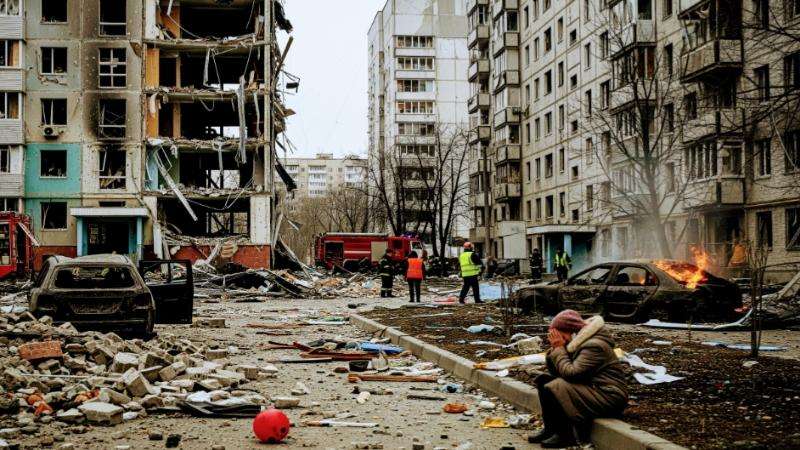Thailand’s prime minister, Paetongtarn Shinawatra, has been removed from office following the leak of a controversial phone call with a senior Cambodian politician.
The Constitutional Court ruled that Shinawatra, 39, had breached ethical standards in a June call where she appeared deferential to Cambodia’s former leader Hun Sen, just as tensions between the two nations were nearing armed conflict. During the conversation, she also criticised a Thai army commander — a highly sensitive issue in a country where the military holds significant sway.
The fallout was swift. Fighting broke out weeks later, lasting five days and leaving at least 35 dead while displacing more than 260,000 people.
Shinawatra, who became Thailand’s youngest prime minister in August last year, apologised for the incident, explaining that her aim was to prevent war. She was suspended in July before the court’s final decision.
Her removal makes her the fifth member of the Shinawatra family to be ousted by the military or judiciary in less than two decades, underscoring the ongoing power struggle between Thailand’s rival elites.
The verdict deepens uncertainty in a country already grappling with slow reforms and a weak economy. In a statement after the ruling, the outgoing leader urged all political factions to cooperate in order to restore stability and avoid further upheaval.
Attention now turns to her replacement. Her father, billionaire and former prime minister Thaksin Shinawatra, is expected to play a central role in negotiations to keep the ruling Pheu Thai party in charge. Meanwhile, the opposition’s People’s Party has demanded that whoever becomes the next leader should dissolve parliament.
Until a new prime minister is chosen by parliament — with no deadline set — Deputy PM Phumtham Wechayachai and the current cabinet will oversee the government in a caretaker capacity.


_2.jpg)
.jpg)



.svg)

